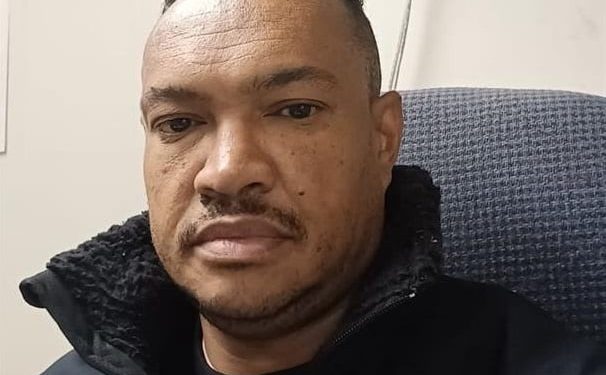In recent times, the behavior of tow truck companies and their drivers has raised serious concerns across the country. The tragic death of Stalin Fasser, who was allegedly assaulted by a tow truck driver, has brought this issue into sharp focus. This unfortunate incident stemmed from a dispute between Fasser and the driver, ultimately leading to a fatal assault. Such occurrences have ignited public outrage and highlighted the urgent need for reform in the industry. May Stalin Fasser’s soul rest in peace.
Tow truck companies provide an essential service, rescuing stranded vehicles and keeping roads clear. However, the industry has been plagued by reports of aggressive behavior, inflated charges, and confrontations. The case of Stalin Fasser is not isolated; it is a symptom of a larger problem that has been growing unchecked.
Drivers and customers alike have shared horror stories of intimidation and violence. In many instances, disputes arise over exorbitant fees or the manner in which vehicles are towed. Some tow truck drivers have been known to engage in reckless driving to arrive first at accident scenes, creating dangerous situations on the road. This competitive and often hostile environment breeds tension and conflict.
The assault on Stalin Fasser, resulting in his untimely death, underscores the severity of the problem. Disputes that should be resolved through conversation and negotiation instead escalate into violence, with devastating consequences. It is clear that more stringent regulations and oversight are needed to curb these dangerous practices.
Improving the situation requires a multi-faceted approach. Firstly, stricter licensing requirements and background checks for tow truck drivers can help ensure that only qualified and responsible individuals are behind the wheel. Additionally, implementing clear guidelines and standardized pricing can reduce disputes over charges.
Moreover, there should be robust channels for customers to file complaints and seek redress without fear of retaliation. Public awareness campaigns can educate citizens about their rights when dealing with tow truck companies, empowering them to stand up against unfair practices.
Law enforcement and local governments also play a crucial role. Increased monitoring and swift action against violations can deter bad behavior. Collaborating with industry stakeholders to promote ethical practices and training programs can foster a safer and more professional environment.
The tragic loss of Stalin Fasser should serve as a wake-up call. It is a stark reminder that the status quo is unacceptable. By working together to address these issues, we can prevent further tragedies and ensure that tow truck companies and their drivers operate with the integrity and respect that the public deserves. Let us honor Stalin Fasser’s memory by making meaningful changes that protect our communities.






















